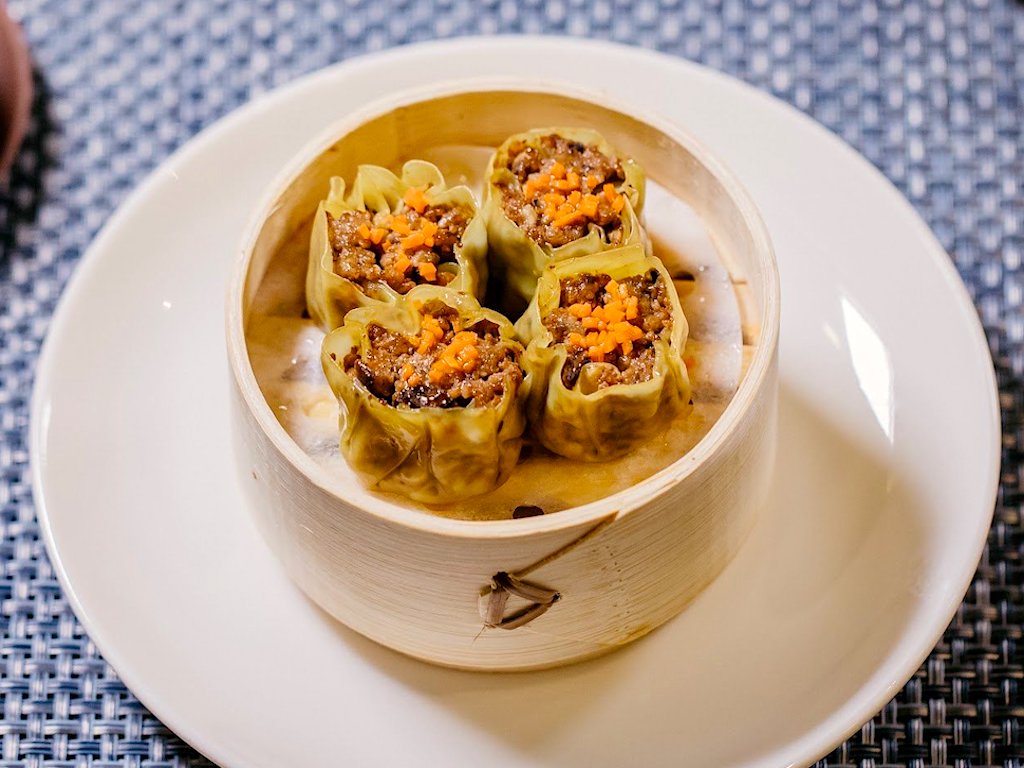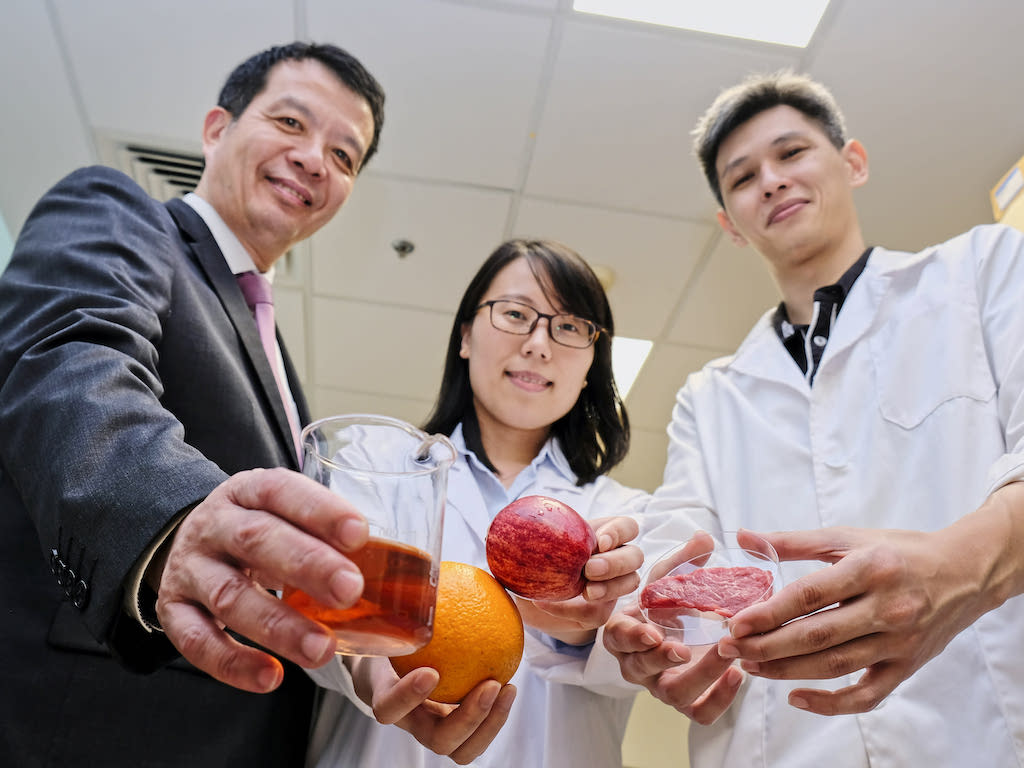4 Mins Read
Asia’s first-ever alternative protein university course has landed in Singapore. For the upcoming 2021-2022 academic year starting in August, undergraduate students at Nanyang Technological University (NTU) will be able to join a new course dedicated to exploring novel meat alternatives.
NTU will launch Asia’s first alternative protein university course, starting in August when the new semester begins. Called “Future Foods – Introduction to Advanced Meat Alternatives”, the course is open to third and fourth-year science and engineering undergraduate students and will be coordinated by Professor William Chen, who directs the university’s Food Science and Technology Programme.
‘The first of its kind in APAC’
Developed in partnership with the Good Food Institute (GFI), the elective course will give students an overview of the three main pillars in the alternative protein industry: plant-based, cultivated and fermentation technologies.
As part of the course, students will also be undertaking a research project tackling a real-world challenge the alternative protein industry faces today. The curriculum will additionally teach students about the sustainability of alternative proteins, and how the industry will contribute to addressing global food security, safety and climate change.
Commenting on the introduction of the course to NTU, Chen said that the university’s food science program has previously “developed a number of groundbreaking innovations for alternative protein production and is therefore well-positioned to host and contribute to this historic university course on Future Foods—the first of its kind in the APAC region.”

Demand for alternative proteins in Asia on the rise
The launch of the course comes amid the surge in interest in alternative proteins as a critical solution to food supply resilience, global health issues such as preventing pandemics and sustainability in the food system.
Consumers, aware of the vulnerabilities of the animal-based supply chain, have been steadily purchasing more plant-based alternative proteins over the past years. In the U.S., retail sales of plant-based foods reached US$7 billion for the first time, but Asia is increasingly eyed as one of the fastest-growing markets to watch.
Asian alternative protein food techs raised six-fold the investment in 2020 compared to the previous year, according to a recent GFI report. Experts have also predicted a 200% increase in demand in key Asian markets in years ahead, driven by the mainstream flexitarian trend and rising health and sustainability concerns.
“Alternative protein production has emerged as a powerful economic engine in Asia, potentially creating lucrative job opportunities for skilled young people from across the novel food industry landscape,” said Chen.

Singapore – an alternative protein food tech hub
The launch of Asia’s first alternative protein university course in Singapore is no doubt another boost to Singapore’s reputation as a leading food tech hub in the region. One key part of the city-state’s strong reputation is its standing as the first and only country to date to have approved the commercial sale of cultured meat in December 2020.
Singapore authorities have doubled down on supporting the industry in the wake of the pandemic, allocating additional funds for local food production initiatives to fend against global supply chain shocks. The Singapore Food Agency recently set up a platform called FRESH with a number of local institutions, including NTU, to ramp up food safety research and expedite regulations.
The move followed the agency’s earlier call asking food techs around the world to apply early for approval of their novel food products.
GFI APAC acting managing director Mirte Gosker says that NTU is setting an example for other institutions across Asia to follow suit to educate the future generation to “confront the escalating pressures of skyrocketing protein demand, increased climate disruption, and threats of viral outbreaks.”
“NTU’s groundbreaking course creates a template that universities across Asia should follow to help us achieve a world where alternative proteins are no longer alternative.”
Lead image courtesy of NTU.




